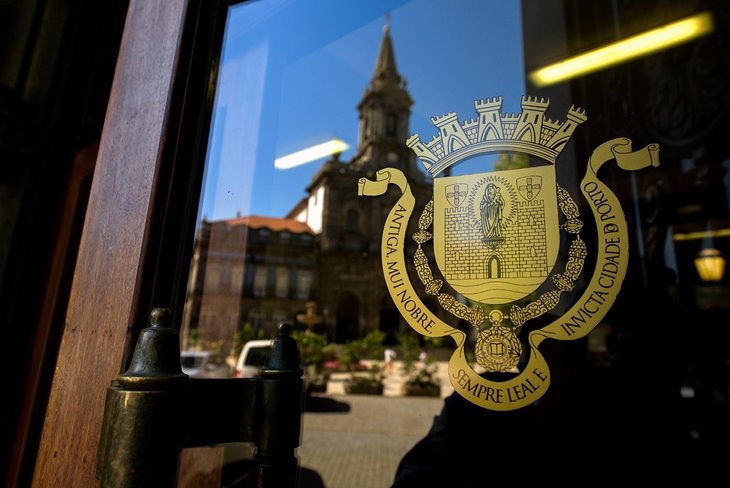Positive Outlooks for Porto, Fitch Affirms City of Porto at BB+
Article

Fitch Ratings affirms Porto's Long-term foreign and local currency Issuer Default Ratings (IDR) at "BB+". The Outlooks are Positive. The Short-term foreign currency IDR has been affirmed at "B".
Fitch Ratings is a leader provider of credit ratings, but the agency also publishes ratings, scores and other relative opinions relating to financial or operational strength. The credit agency is dual-headquartered in New York, USA, and London, UK.
The terms "investment grade" and "speculative grade" are currently conventionally described as categories "AAA" to "BBB" (investment grade) and "BB" to "D" (speculative grade).
Porto's ratings reflect the city's ability to post a healthy operating margin as well as its moderate debt. The ratings also take into account the prudential management and the fact that Porto functions as a service centre in the region of North of Portugal. The Positive Outlook reflects that on Portugal's ratings (BB+/Positive).
In this difficult economic environment, Porto has been able to adjust capital expenditure and post a surplus before debt variation.
In 2013 the city reported a surplus equivalent to 4.6% of its total revenue, while in the past three years the surplus before debt variation was EUR27m. The 2014 preliminary accounts confirm a consistent performance with the expected operating margin exceeding 20%, due to consolidation of tax collection over the year.
Also, Porto has reduced outstanding debt to EUR97m in 2013, representing 63% of its current revenue. According to preliminary results, in 2014 the city kept its deleveraging policy so total debt reduced to EUR87.3m.
The city's administration has improved its efficiency, it currently has about 2500 employees, down from over 3,500 employees in 2001.
Moreover, Fitch considers that the city demonstrates a sensible policy regarding finances, with numerous decisions to control spending when tax revenues were decreasing.
The municipality has also opened the renovation of the city centre to the private sector. This approach is further demonstrated by the fact that the city has outperformed the initial budget since 2010, sometimes significantly.
Under Fitch's base case scenario, the city is expected to post an operating margin above 18% in the medium term, in line with that recorded in 2011-2013.
The 2015 budget is based on a prudent operating revenue forecast, and discipline in managing spending, with the intention to further reduce debt to well below 60% of current revenues.
The city's budget indicates that its current balance would be around EUR15m, and if this budget materialises, the city would still have a current margin of 10%.
Fitch describes Porto as the second largest cultural, administrative and economic Portuguese city, an affluent and striking city, with a lot of potential, namely in tourism thanks to its unique features in its historical centre that was classified by the UNESCO as World Cultural Heritage in 1996.
The city's business centre comprises 14 municipalities with 1.5 million inhabitants.
The city's main responsibilities are nursery and primary education; civil protection and police; housing and environmental protection; street lighting and urban equipment.
Fitch concludes its analysis by stating that provided the city's basic principles remain sound and if the sovereign ratings were upgraded, it is likely that Fitch would upgrade Porto's ratings.